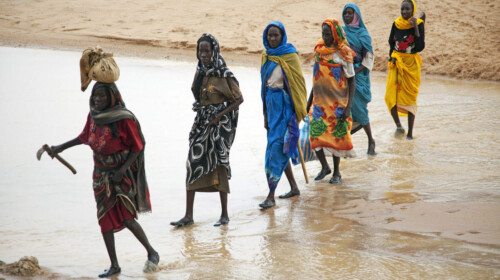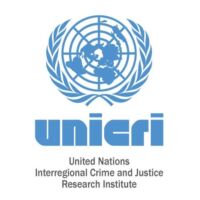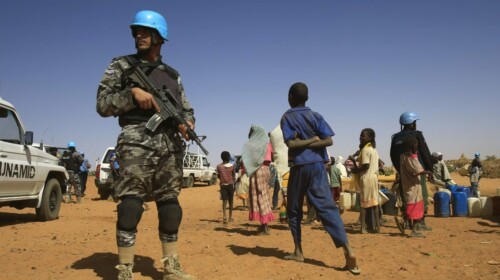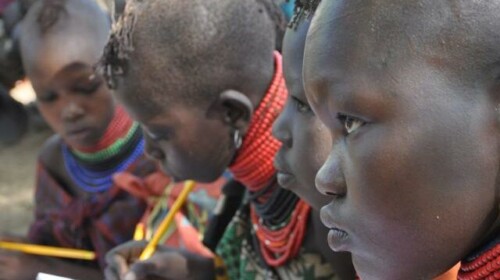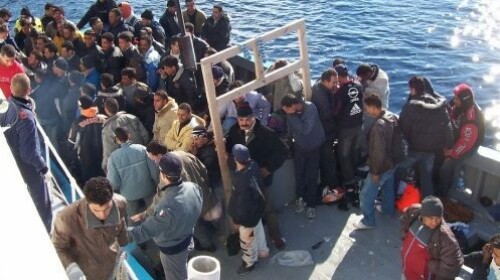International migration is a growing phenomenon involving the international community as a whole and engaging Member States in the protection of human rights. Analyzing migration as a crosscutting topic and understanding the challenges faced both by migrants and Member States is crucial for the development and implementation of national policies compliant with international human rights standards. According to the United Nations Department of Economic and Social Affairs International Migration Report 2017, approximately 258 million people reside outside their country of birth. This number has continued to grow over the past seventeen years.
In target 10.7 of the 2030 Agenda for Sustainable Development, Member States pledge to “Facilitate orderly, safe, regular and responsible migration and mobility of people, including through the implementation of planned and well-managed migration policies”. This is a clear indicator of the major relevance recognized to international migration by the Agenda 2030.
Target Audience
1. University graduates in Law, Political Science, International Relations, Economics, Social Science and other relevant disciplines;
2. Young professionals working in governmental institutions, local authorities, international and non-governmental organizations.
Learning Objectives
• Acquisition of in-depth knowledge and practical skills by students, to be applied in their future career
• Gathering of skills and knowledge to better advocate for public policies, strategies, and good practices in relation to topics treated during the courses
• Results of the training evaluation used to revise future training sessions
• Beginning of a professional path/advance in students’ respective career
• Improved coordination, knowledge collection and progress in the academic and/or professional career in the international and humanitarian law field of all students
• Fostering of institutional development and judicial reform at the international level and in each student’s country of origin to contribute to the strengthening of the rule of law
• Development of lasting professional relationships among participants

